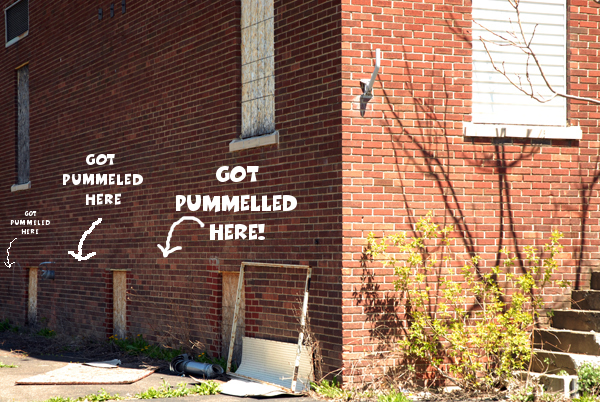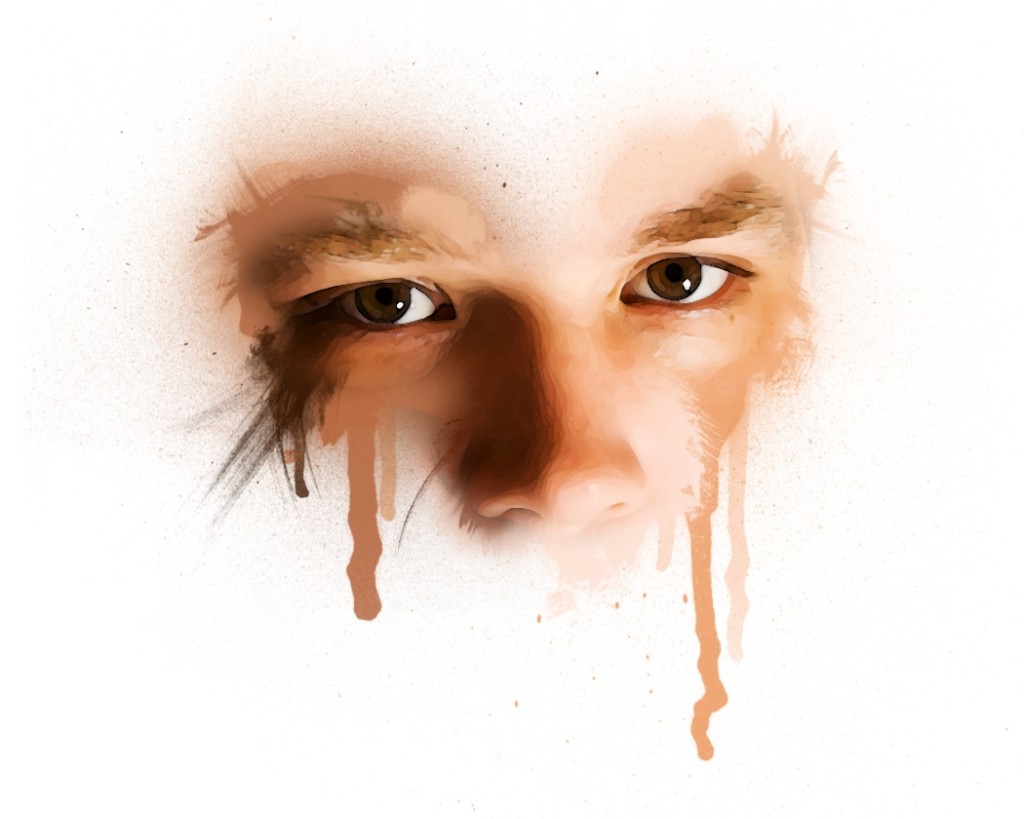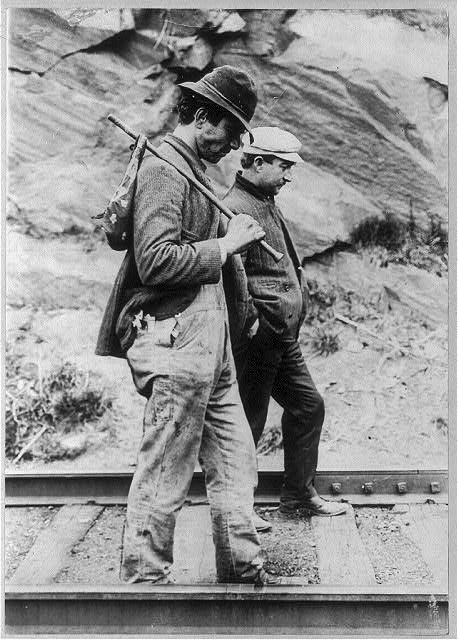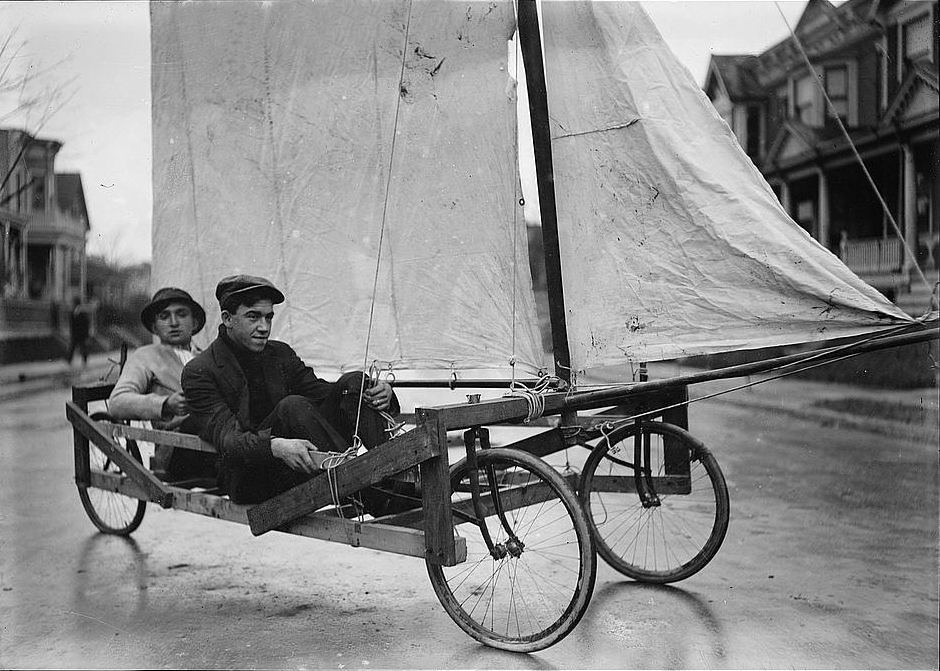“I’m not afraid of death; I just don’t want to be there when it happens.” – Woody Allen
Fear. At a basic level, fear is an emotional response to a perceived threat. Essential, historically, to the survival of humanity. Yet a potential catalyst to the undoing of an individual.
It should probably be noted that this is just MY take on fear. For what it’s worth.
I’m not going to get all psychoanalytical here or even very philosophical, but it seems that fear can be the spark that saves a life or that gets us headed in the right direction. It can also, in a manner of speaking, end a life when it becomes paralyzing, when the threat is viewed as a seemingly insurmountable obstacle to happiness, success, dreams.
Although fear might be an instantaneous response to a specific threat at a particular moment in time (a reaction to stimuli in a present moment), some are layered. They’re not merely a reaction to that one instant, but are often threaded deeply, intricately, inextricably to other (often sundry) past experiences.
It figures, doesn’t it, that something so influential would be so complex.
Here are My Four Biggest Childhood Fears (in order of severity, not in chronological order, from ages six to eighteen):
DEATH (as in no longer alive, as in ran out of time, as in the end, finito . . . I’m talking from the perspective of a boy who had absolutely no desire to be off pursuing evidence of an afterlife or a lack there of . . . not as a youthful resistance to the concepts of heaven or hell or purgatory, but simply as an I-just-got-here reaction to the whole idea of shuffling off this mortal coil)
STAGE FRIGHT/PUBLIC SPEAKING (being the center of attention might be a more apt name for this one)
HEIGHTS (a fear of falling, really . . . not of climbing, not of being UP, for UP was one of my favorite places to be – as Xero says, being there often allows you to see what everyone else can see, but in a totally different way . . . okay, so I guess maybe I did sort of morph into a misfit on my own)
DOGS (that’s right, man’s best friend . . . although I have a genuine affinity for dogs, I was attacked by two of them when I was in first grade so every canine interaction I’ve had since then has begun/begins with all out fear)






